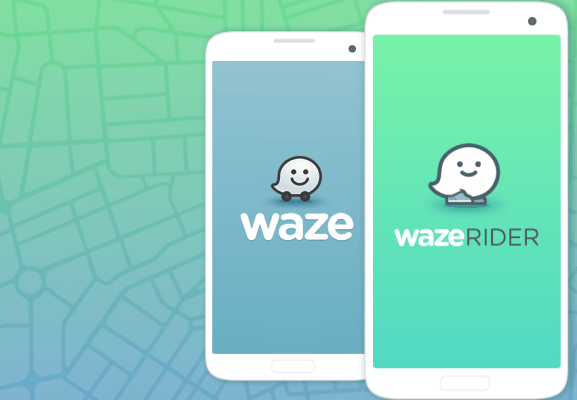Google-owned Waze is slowly increasing the scope of its Bay-area commute service trial, but now the service is available via the standard Waze app for anyone who wants to sign up to be a driver, or through a separate, dedicated Waze Rider app for riders. Google is still capping trips for both riders and drivers to two rides a day, designed for the morning and evening commutes.
Waze provided the following statement to TechCrunch about the progress of the Bay area program:
The Waze Carpool trial has been gradually opening to new users and is currently available to commuters in the greater San Francisco Bay Area who wish to be a part of the pilot. This includes drivers who can register via the original Waze app, and riders who can request a ride via the separate Waze Rider app. More information is available at www.waze.com/carpool.
Google’s approach is very different from others looking to provide ride-sharing, mainly because its design focuses on using drivers who have regular day jobs act as the key service providers, whereas Uber, Lyft and others end up attracting a lot of drivers who use driving more as a primary source of income. In fact, Waze explicitly says in its FAQ for potential drivers that pay-outs are designed more to cover costs than to result in any kind of workable income.
Waze has offered Carpool in Israel since kicking off a pilot there in 2015, and it continues to operate in that country. The Bay area pilot is its first U.S.-based trial.
Google’s approach is much more appropriately suited to the term “ride sharing,” since payouts to drivers are minimal, and charges to riders are even smaller. The focus here really is on collaborative consumption, and as a result drivers aren’t required to provide the kind of vehicle and background checks that Uber, Lyft and the like require before approving drivers to join the service.
The goal of reducing the number of cars on the road is a noble one, especially in the dense traffic of the Bay area, but in addition to revenue it collects from matchmaking, down the road you could also see Waze Carpool paving the way for an autonomously driven carpooling network – but that’s all speculation on my part. For now, it just seems like a slightly more cost- and ecology-conscious way to get to work.
